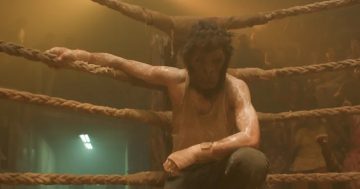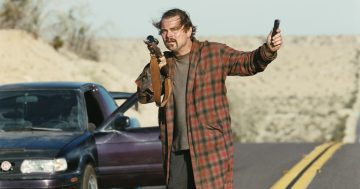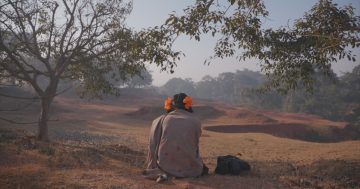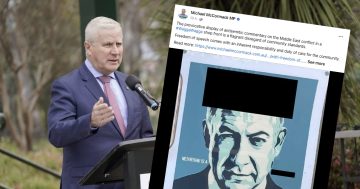Reviewed by Rama Gaind.
Director: Shoojit Sircar, Amazon Prime Video.
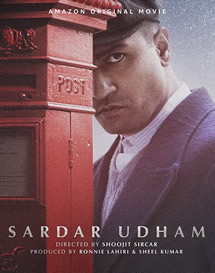 The Jallianwala Bagh massacre in Amritsar, India, in 1919 is one part of history that’s not been elaborated on to a great extent before — that is, until now. For director Shoojit Sircar, Sardar Udham was more than two decades in the making. An interesting parallel is that it took more than 20 years for Sardar Udham Singh to exact his revenge!
The Jallianwala Bagh massacre in Amritsar, India, in 1919 is one part of history that’s not been elaborated on to a great extent before — that is, until now. For director Shoojit Sircar, Sardar Udham was more than two decades in the making. An interesting parallel is that it took more than 20 years for Sardar Udham Singh to exact his revenge!
It was on 13 March 1940, in London, that Udham Singh (played excellently by Vicky Kaushal, Masaan, Uri The Surgical Strike) joined an orderly meeting, waited for the speaker — Michael O’Dwyer (Shaun Scott), former Lieutenant Governor of Punjab Province — to finish his lecture, walked across the room, faced him and shot him point-blank. Singh had finally retaliated and succeeded in what he had vowed to do, after his traumatic witnessing of the slaughter.
Singh had the rigid determination of a freedom fighter resolute in his intent on vengeance, embarking on a perilous journey through Afghanistan and the USSR to strike at his enemy’s heart in London.
This film is based on the true story of Udham Singh and his undeterred mission to avenge the lives of his beloved brethren who were brutally killed in the Amritsar massacre. In his portrayal, Kaushal (Masaan, Raazi, Sanju) is just “pure, raw, honest and heartbreaking”.
On that fateful night of 13 April —102 years ago this year — a large but peaceful crowd had gathered at the Jallianwala Bagh in Punjab to protest against the arrest of pro-Indian independence leaders Dr Saifuddin Kitchlew and Dr Satyapal. The unarmed Indians had also come together to celebrate the festival of Baisakhi (the spring harvest). Unfortunately, the crowd was unaware the British had banned gatherings at the time.
So, to punish civilians for their ‘disobedience’, Brigadier-General Reginald Dyer (Andrew Havill) ordered the army to fire into the throng of thousands. Dyer ordered his men to shoot, and O’Dwyer endorsed that action.
Director Sircar (Vicky Donor, Madras Café, Piku) has taken an indeterminate narrative style that’s out-of-the-ordinary, a format rarely used in patriotic films. He influences the nationalistic aspect in a discerning way by putting across the viewpoints of both the freedom fighters and the British administration.
Sircar had a clear vision that’s resulted in untarnished storytelling, a historical masterpiece. He gently, yet overwhelmingly, puts across the messages of freedom and equality propagated by Udham and the terrific Amol Parashar, who capably played the role of another revolutionary Bhagat Singh.
This biopic is about an unsung Indian revolutionary. When Udham Singh is brutally tortured and repetitively asked his name, he thrusts out his arm on which is tattooed: Ram Mohammad Singh Azad.
Sircar delivers another subtle, offbeat, yet poignant cinema experience. It’s lengthy (at 162 minutes), disconcerting and a disquiet rejuvenation of a tumultuous slice of India’s colonial past.
The soul of the film is best reflected in the reserved, inconspicuous, immensely valuable background score by Shantanu Moitra. With cinematographer Avik Mukhopadhyay and his technical team, Sircar has delivered a Hindi biographical picture that can be regarded as world class — in style and substance.




